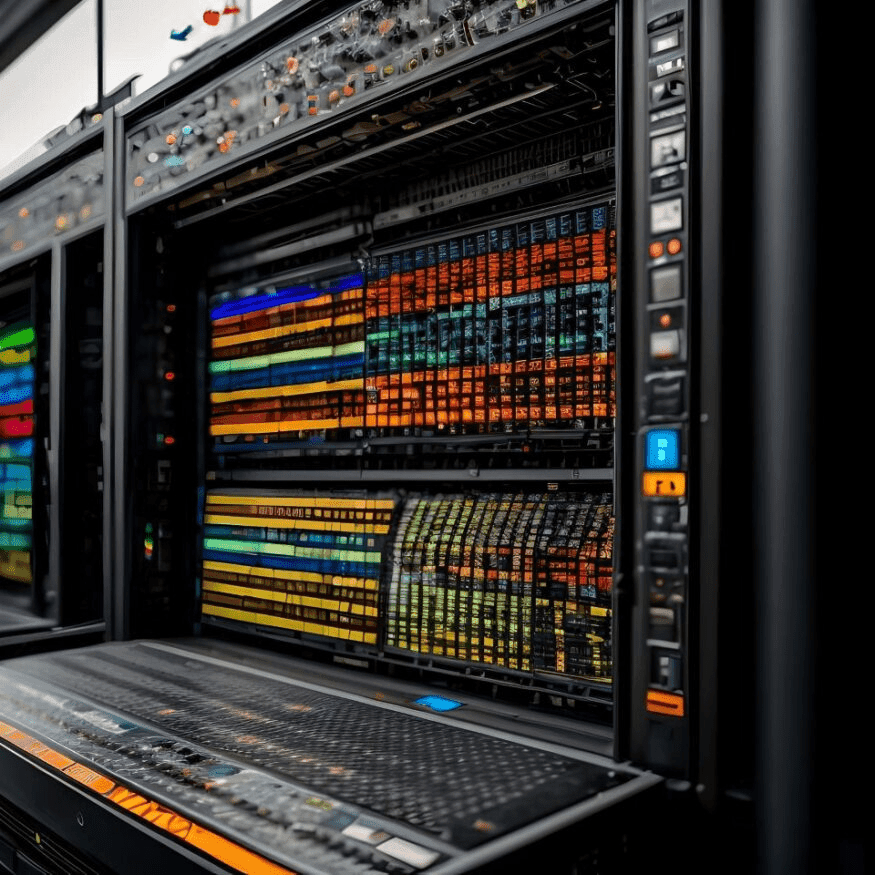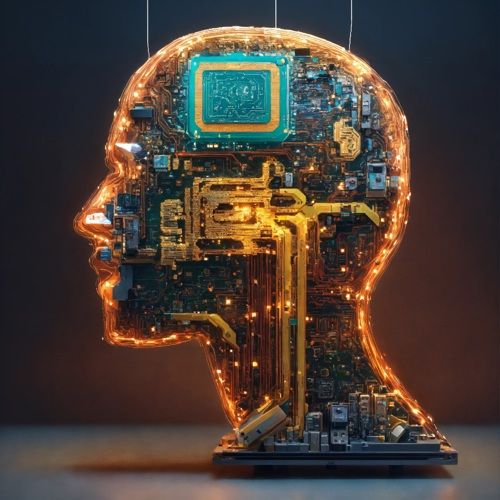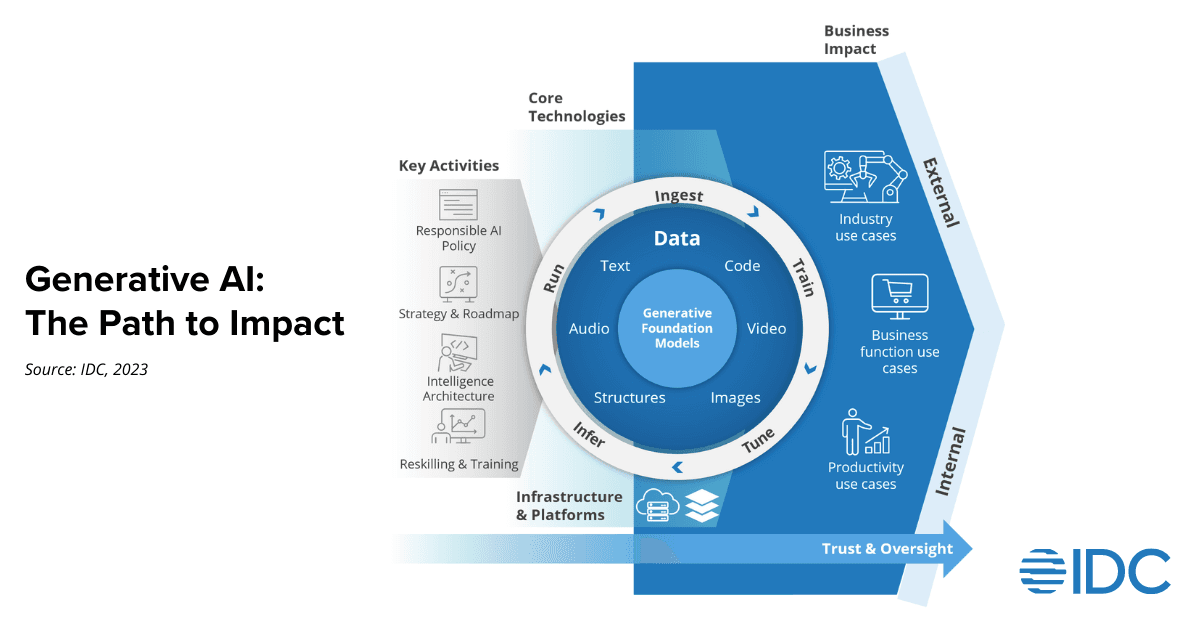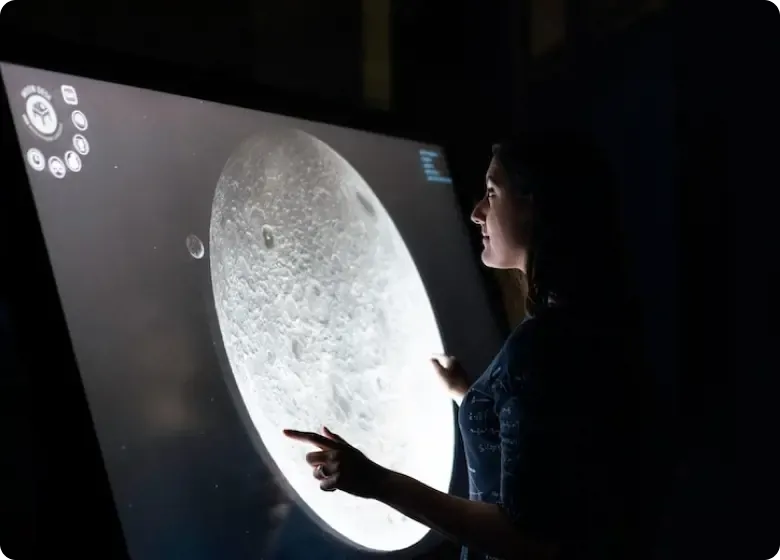Voices in the Machine: Balancing the Art
In voices merged, AI takes flight,
Yet actors fear a fading light.
Artistry blends with technology's might,
A harmonious future balanced just right
In the world of voice acting, a transformative wave is sweeping through, driven by artificial intelligence (AI) and cutting-edge technologies. While these innovations promise efficiency and accessibility, they have also raised valid concerns among actors about the future of their craft. Let’s delve deeper into the evolving relationship between actors and AI-generated voices and explore the considerations that shape this dynamic industry.
At its core, voice acting is an art form that hinges on the nuanced understanding of emotion, character, and timing. Skilled actors create a profound connection between characters and audiences, infusing performances with authenticity and depth. These human elements are a realm where AI, despite its prowess, struggles to replicate convincingly. This showcases the invaluable contribution of human voice actors in an ever-changing landscape.

The emergence of AI-powered voice synthesis and dubbing technologies has undeniably revolutionized media production. From seamless translations to cost-effective solutions, these tools offer a spectrum of benefits. Studios are increasingly integrating AI into their workflows, seeking to leverage its capabilities for specific tasks. Yet, this technological leap raises important questions about the future of voice acting.
Amidst this shift, actors harbor legitimate concerns about their craft and their role in the industry. Chief among these is the fear of relinquishing control over the use of their voices. Actors want assurance that their work aligns with their values and intentions. The use of an actor's voice in AI-generated content without proper consent, compensation, and contractual agreements poses ethical and legal dilemmas.
Furthermore, actors hold dear their artistic integrity and the emotional resonance they forge with their performances. There is apprehension that AI-generated voices may lack the depth, authenticity, and cultural understanding inherent to human actors.
Presently, there are over three billion AI-driven voice assistants actively employed worldwide, and this number is anticipated to surge to eight billion by the year 2023. In a separate development, Apple has unveiled a collection of books featuring narration by artificial intelligence. According to Apple, this form of digital narration aims to democratize the creation of audiobooks, ensuring accessibility for a wider audience. Moreover, the video game sector has witnessed a surge in the use of AI-generated voiceovers. Notably, platforms like Replica Studios provide a range of AI-created voices, revolutionizing the process of voice acting in the gaming industry.
As the industry navigates these challenges, collaboration between actors, studios, and AI developers may hold the key to a harmonious coexistence between human artistry and technological advancement.
In this evolving landscape, the convergence of voice acting and AI technology requires thoughtful consideration of ethical, legal, and artistic dimensions. While AI offers undeniable advantages, the enduring essence of human touch in voice acting remains irreplaceable. As the industry progresses, an inclusive approach is essential in ensuring actors continue to be esteemed and valued contributors to the rich tapestry of storytelling in media.










